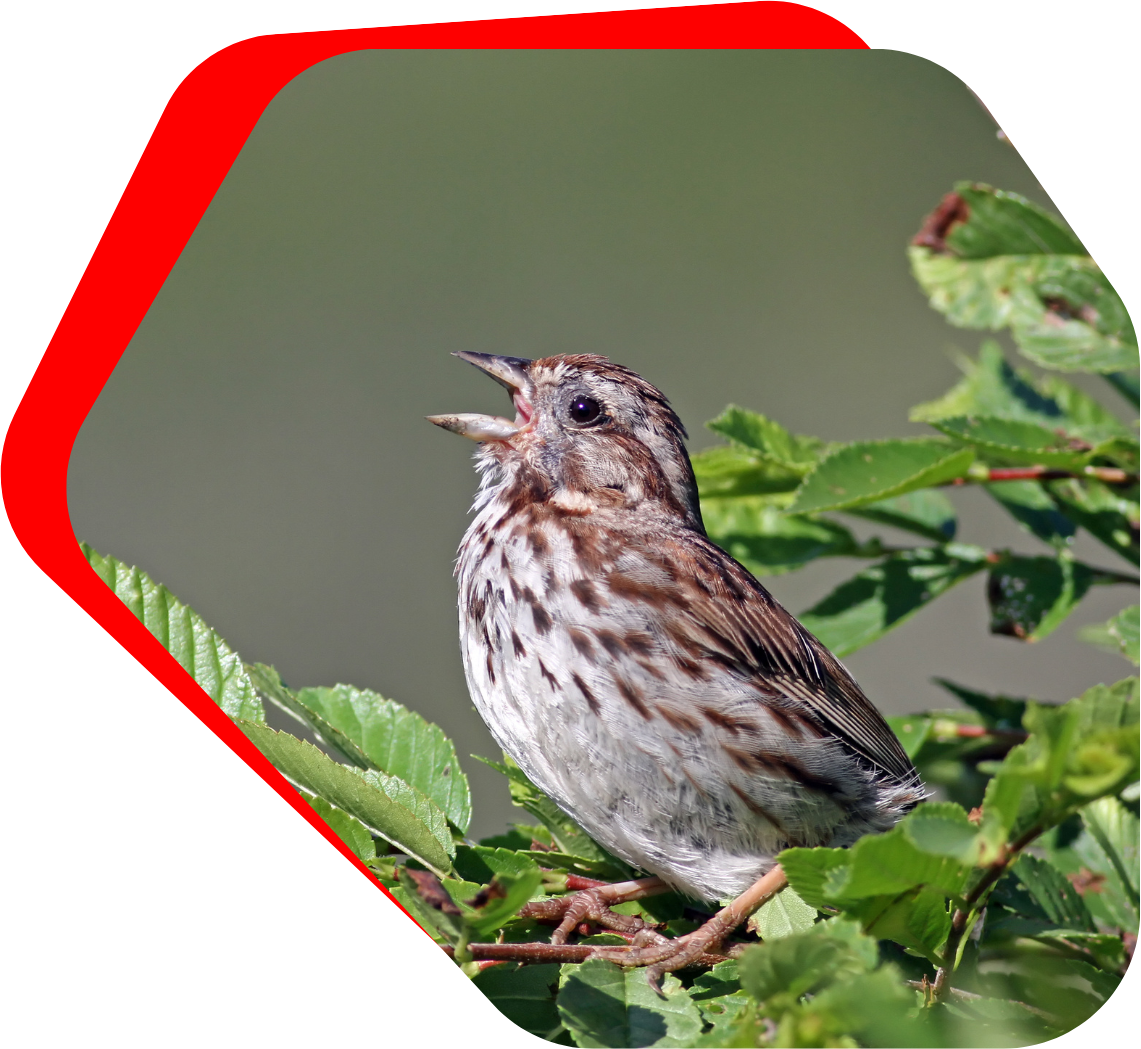At a first glance, species such as pigeons and sparrows, with their gentle cooing and flitting movements, may seem harmless. Yet, behind this facade, they often hide a series of problems for the unsuspecting city dweller. Birds, especially the seemingly innocent pigeons, are carriers of various diseases, including the respiratory ailment known as histoplasmosis. It's not just their mere presence that poses a risk; their droppings can be a breeding ground for parasites. These unseen invaders can easily find their way into our homes, risking the health of our families.
Beyond health concerns, the structural integrity of buildings is at stake. The acidic nature of bird droppings can wear away metals, stone, and brickwork. Over time, what starts as an unsightly stain can escalate into a structural issue, often leading to substantial repair costs. Moreover, they have a knack for selecting the most inconvenient of places for their nests. Drains and gutters become prime real estate for them, leading to blockages. A blocked drain can translate into water damage or even flooding, especially during the heavy rainfall seasons.
The issues don't just stop at tangible damage. Imagine being jolted awake by the early morning calls of crows or being constantly irked by the aggressive chirps of starlings throughout the day. The noise and disturbance from these birds, while often overlooked, can significantly impact one's quality of life. Delving deeper into the world of these avian creatures reveals even more surprises. Some, in particular during their nesting seasons, can exhibit highly territorial behaviors. There have been instances where crows have been known to dive-bomb unsuspecting pedestrians, protecting what they perceive as their territory.
While the instinct of many might be to tackle these issues with do-it-yourself solutions, often, these efforts end in futility. Common DIY methods like using plastic owls or reflective tapes to scare them away might provide temporary relief, but birds are quick learners. Over time, they recognize these deterrents for the harmless objects they are and return to their bothersome routines. In the battle of wits against these feathered foes, professional expertise becomes invaluable.
Rosenbloom Pest Control firmly believes in addressing the bird nuisance problem at its root. DIY methods often act as a mere band-aid to the issue, whereas a professional approach ensures a comprehensive and long-lasting solution. By understanding the habits, behaviors, and nesting patterns, we provide targeted solutions that safeguard both the aesthetics and structural integrity of your property, and more importantly, the health and well-being of its occupants.
Frequently Asked Bird Questions
Q1: I've noticed peculiar bird behavior, especially during specific seasons. What causes these shifts in their actions?
A1: Birds are highly influenced by seasonal changes, particularly when it comes to breeding and migration. For instance, during the nesting season they can become exceptionally territorial, often leading to what we perceive as "aggressive" behavior. This includes dive-bombing pedestrians or being particularly noisy. Additionally, migration seasons can see an influx of unfamiliar species to the Baltimore area, leading to different patterns in behavior and habits. Understanding these shifts is crucial in tailoring effective pest control measures for different times of the year.
Q2: Why do they seem to prefer urban environments like Baltimore when there are vast natural habitats available to them?
A2: Answer: Urban environments offer several advantages to birds. Cities provide an abundance of food sources, from unsecured trash cans to generous humans feeding them. Additionally, buildings and structures offer shelter and protection from predators and the elements. Streetlights and city warmth can also play a role, making urban settings more comfortable, especially during colder seasons. While natural habitats are undoubtedly essential, the conveniences of urban life have made cities like Baltimore attractive to various species.
Q3: How do they contribute to the spread of weeds or unwanted plants in my garden or yard?
A3: They often feed on fruits and seeds from various plants. When they digest these fruits, the seeds often remain intact. As they move from place to place and excrete these seeds, they inadvertently become agents of dispersal. This can lead to the unexpected growth of certain plants or weeds in your garden or yard, especially if the seeds come from invasive or non-native species. This unintended "sowing" by birds can disrupt the natural flora of an area, making pest control measures even more essential for maintaining a balanced ecosystem in urban environments.

